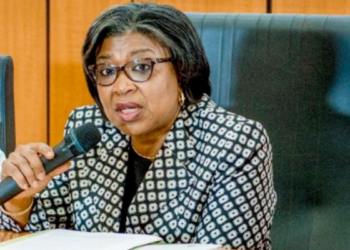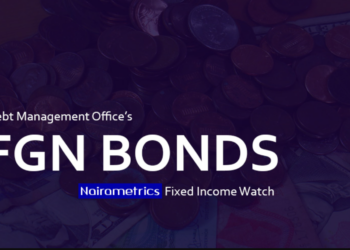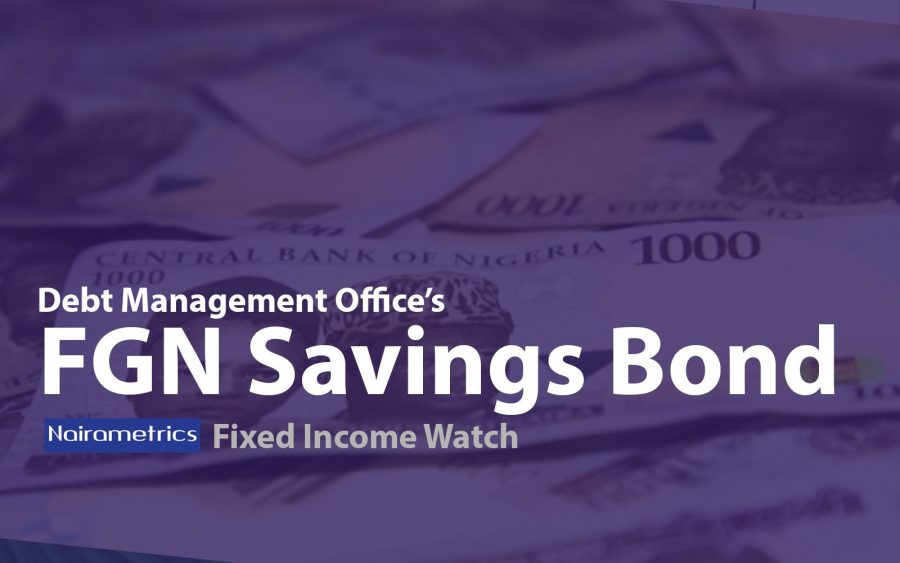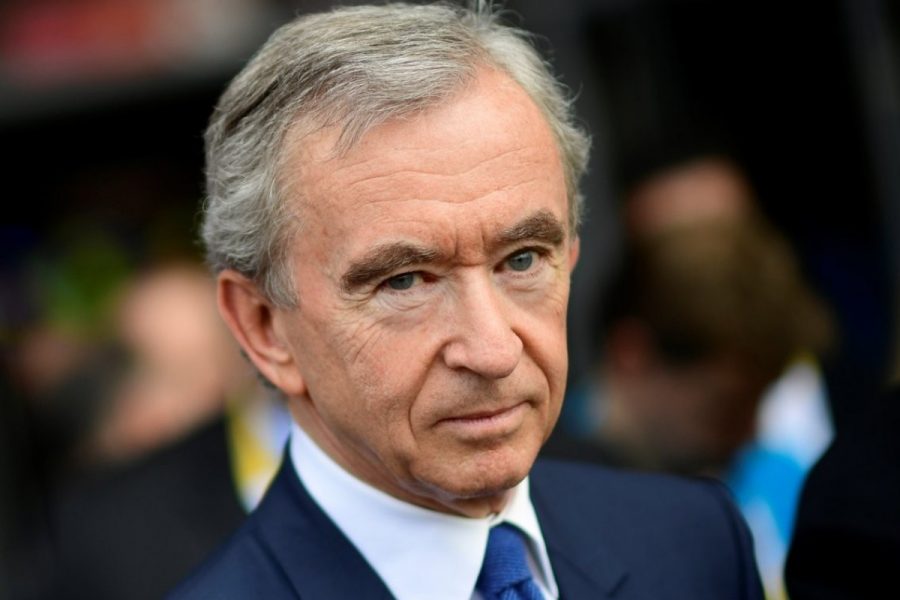Investors bought Nigeria’s one-year treasury bills at a rate of 5.9% per annum down despite an inflation rate of 22.4% year-on-year.
According to the data obtained from the latest auction report for Nigeria’s treasury bills sold, Investors were comfortable staking N654.6 billion out of the N137.5 billion that was eventually allowed.
The oversubscription of 375% indicates growing demand for risk-free investments despite the negative real return compared to the inflation rate was 22.4% in May.
Speaking in a recent interview, Founder and Chief Analyst of Nairametrics, Mr Ugodre Obi – Chukwu gave more insights as to why Investors were bullish on Treasury Bills despite the negative returns they would get. He said:
- “A negative real return, the inflation rate is at 22.4% and one-year treasury bill is at 5.9%, so it appears investors are happy to take a negative real return rather than maybe invest in more risker asset that would give a positive return.
- It just goes to show how much cash we have in the economy today. And the data is there, if you check CBN data for May, the amount of cash that we have currently is about N55 trillion money supply, so there’s just so much money out there”
Risk-free securities
He also noted that despite the excess money in circulation, there’s so much the equities market can take.
Highlighting why Investors are comfortable putting money into treasury bills, he said:
- “There’s just so many equities can actually take, so for Investors, they are like ‘where do we put these monies into’. Capital market total market cap is like N35 trillion, so you’re not going to put all that money in there so that money has to find somewhere to go to, essentially that’s why you’re seeing it go to treasury bills.
- Not just treasury bills, even FGN Bonds attracted a lot of investment inflows from institutional investors”.
Ugodre also noted that the 5.94% rate for treasury bills is not enough incentive for foreign investors.
He said despite the positive encouragement the exchange rate unification has given foreign investors, the returns on Treasury Bills won’t be enough incentives to attract them.
Nigeria’s increasing debt
According to a report from DMO, Nigeria’s total public debt for the period ending March 31st, 2023 has risen to N49.85 trillion, ( $108.30 billion) from N46.25 trillion as of December 21st 2022.
Speaking on the debt profile of Nigeria, Ugodre noted that the debt servicing to revenue ratio is the major challenge facing Nigeria. He said:
- “The problem with debt level is actually debt service to revenue ratio which is hitting 100% and that really is the problem. Can we continue to service those debts?
- “And they’re pretty expensive or are we going to see a situation where the government would want to refinance the entire debt and that’s what is looking like, except maybe revenues go up.
- “A lot of those debts are in Naira which is a good thing, so the dollar component of our debt is a whole lot less than the Naira component.”
Watch full video here:
























the insight I gleaned from this article is that there is slush cash that people don’t know what to do with it. In a country where productivity is low and high unemployment, these funds needed to become angel capital for productivity.